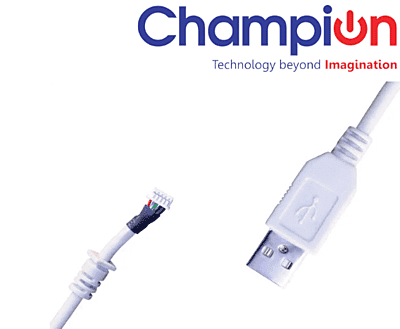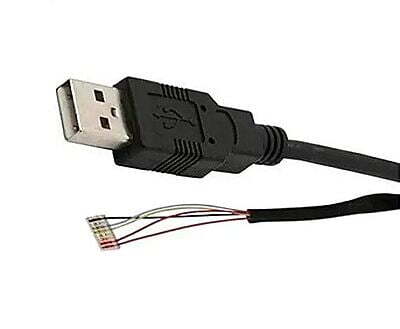In the ever-evolving landscape of security and connectivity, biometric cable technology is making waves by integrating advanced authentication methods into traditional cable systems. This innovative approach ensures enhanced security, eliminating vulnerabilities associated with conventional passwords and PINs. Let’s explore how biometric cables are revolutionizing data transmission and access control.
What is a Biometric Cable?
What is a Biometric Cable?
A biometric cable is a high-security data transmission cable embedded with biometric authentication features such as fingerprint recognition, retina scans, or facial recognition sensors. This technology allows only authorized users to access or transmit data, significantly reducing the risk of unauthorized access and cyber threats.
How Biometric Cables Work
How Biometric Cables Work
Biometric cables function by integrating biometric sensors into the connectors of the cable. When a user attempts to connect a device, they must first pass biometric verification. Upon successful authentication, the cable allows data transfer, ensuring that only approved users can access sensitive information.
Key Benefits of Biometric Cables
Key Benefits of Biometric Cables
1. Unmatched Security
Unlike traditional cables that can be easily intercepted or accessed by unauthorized users, biometric cables offer personalized access, making it nearly impossible for hackers to breach security protocols.
2. Eliminating Password Dependency
Since biometric authentication relies on unique biological characteristics, users no longer need to remember or store passwords, reducing the risk of password theft and phishing attacks.
3. Secure Data Transmission
With built-in encryption and biometric verification, biometric cables ensure safe data transfer, preventing data breaches and cyber espionage.
4. Versatility Across Industries
Biometric cables are widely used in industries requiring high-level security, such as:
Corporate IT infrastructure – Secure internal communication
Healthcare – Protect patient records
Finance – Ensure secure transactions
Government & Defense – Secure classified data transmission
Conclusion
Conclusion
In an era where data security is of utmost importance, biometric cables offer a robust and reliable solution for safe data transmission and access control. By integrating advanced biometric authentication, these cables provide enhanced security, efficiency, and convenience, making them a game-changer for industries handling sensitive information.
Looking to integrate biometric cable technology into your security infrastructure? Stay ahead in the world of cybersecurity with this cutting-edge innovation!


